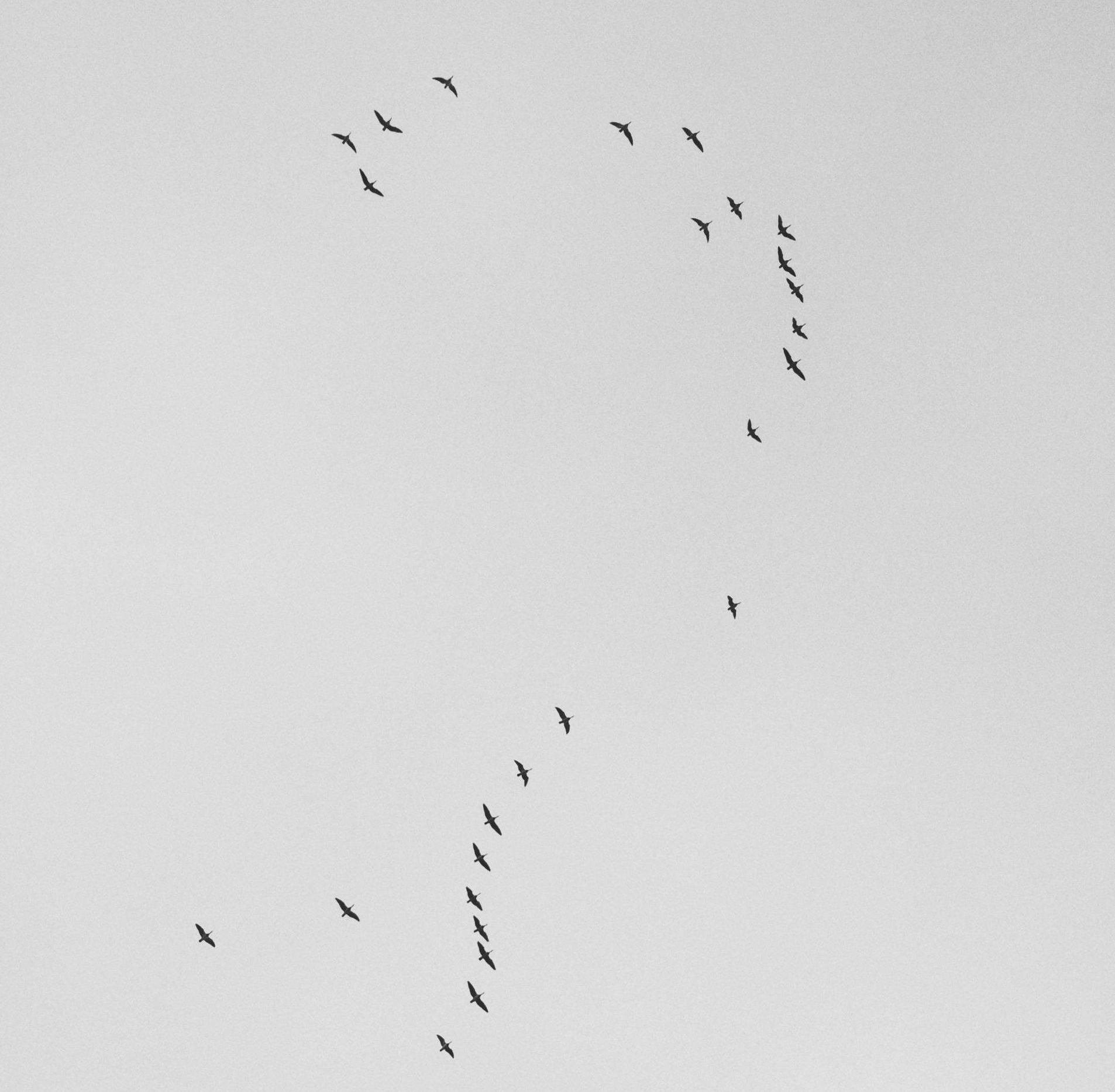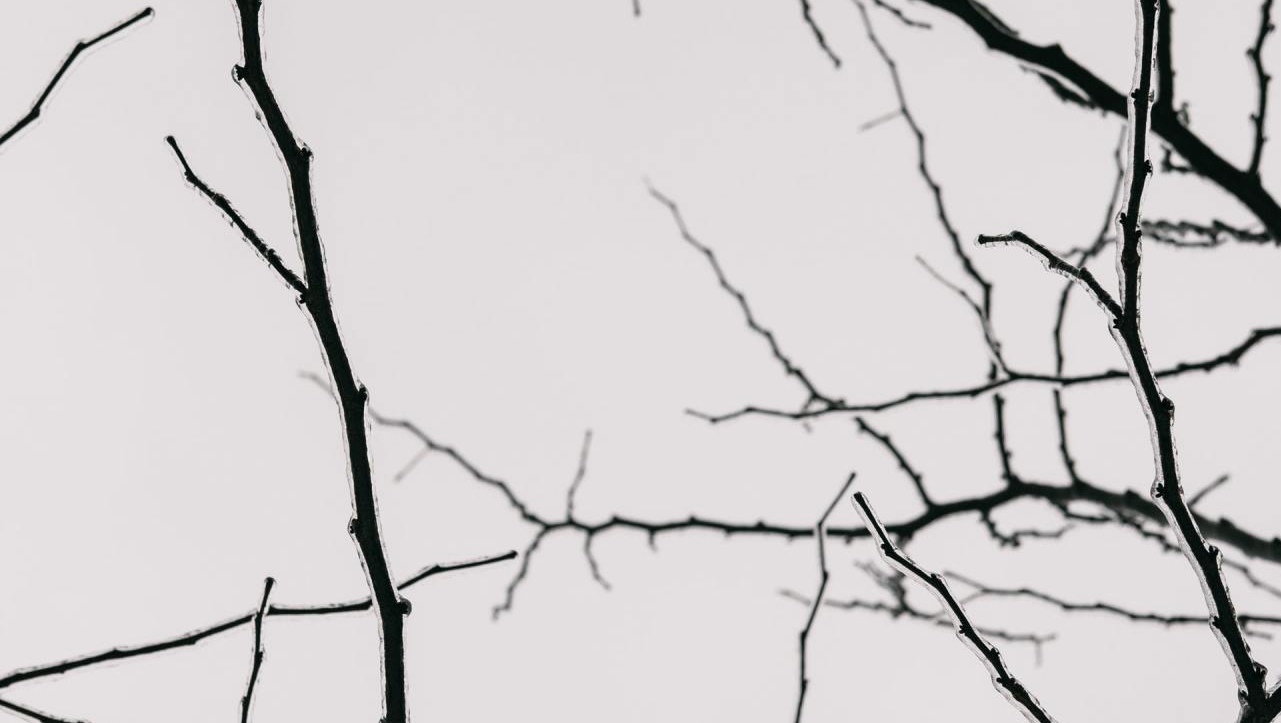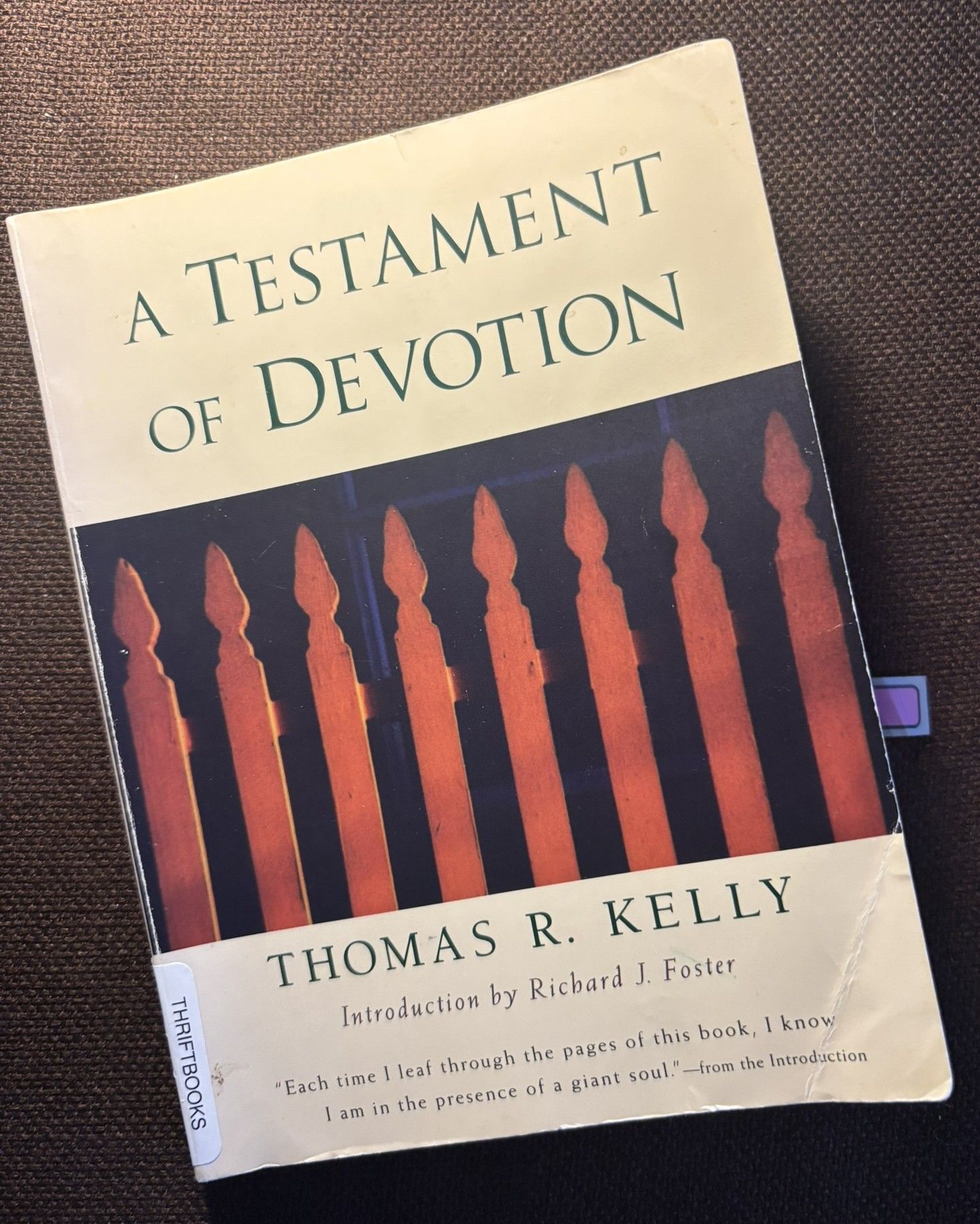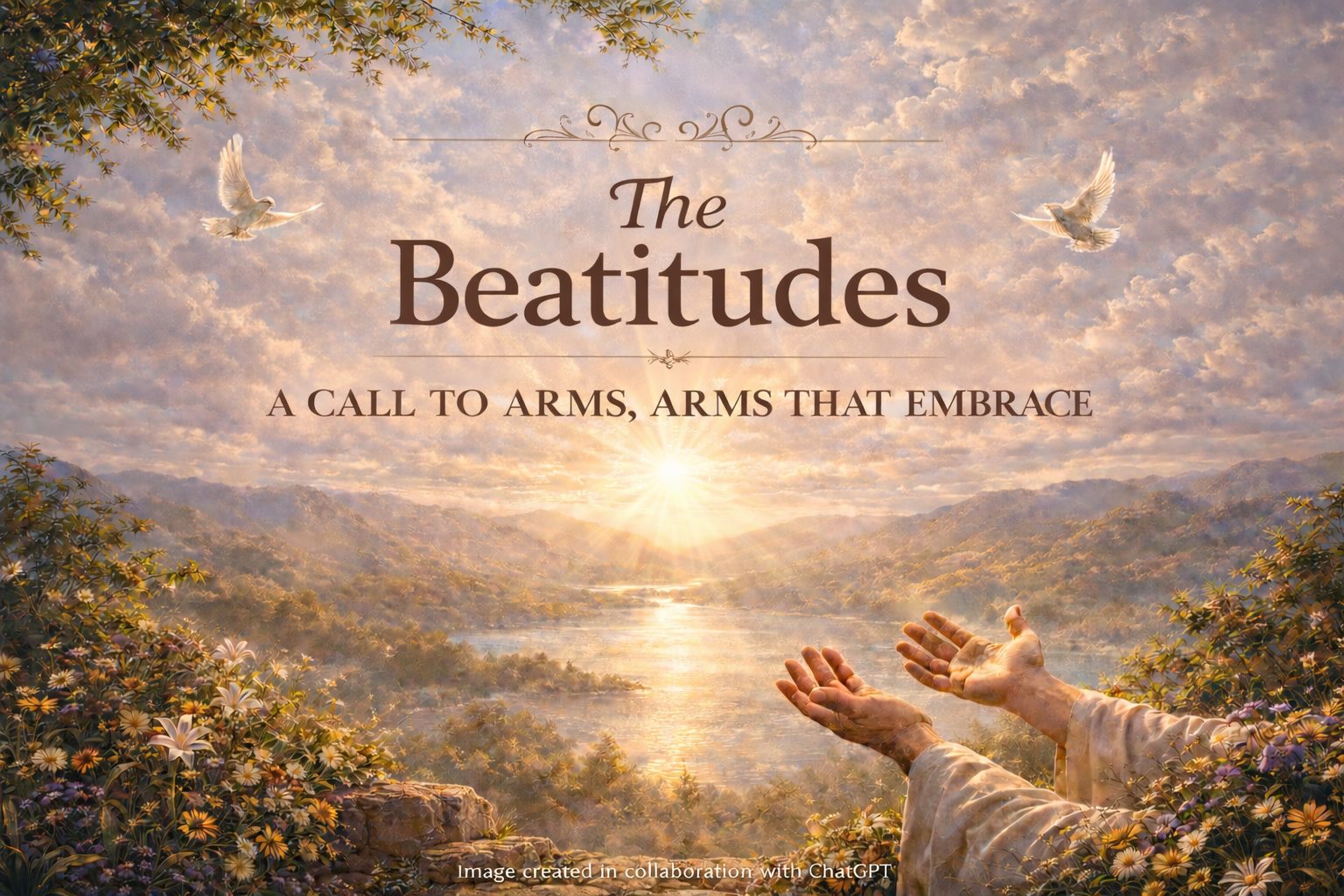Branches Break Fog-Day
Haiku
I See Question Marks
Flakes of dead skin drop
Drop from eyes o’ergrown with truths
I see question marks.
The day we believe we know the truth is the day we stop exploring. The day we stop exploring is the day we stop being curious. The day we stop being curious is the day we let circumstances take charge of our learning, not us. The day we let circumstances take charge of our learning is the day we miss seeing what is right in front of us.
The day we miss what is right in front of us is the day we’ve missed experiencing truth.
Branches Break Fog-day
Branches break fog-day
Gray lines. Dark tassels shaking
In the morning wind.
The mystery of fog, the dark bog of Englandy countryside Victorian novels that suffuse the land in swirling, windy phantoms blows into my pores and eyes and nose and I feel the weight of death and loss and the unknown. Though it sounds depressing, I think my soul needs to connect with winter, rain-laiden winds striking my window once in a full moon. This connection to primal fear and loneliness and despair in the form of gray dawns and dusks vaccinates me, perhaps, from terror. Perhaps these winds blow through my body to remind me that I am alive. To refresh, with their water-sodden gusts, my sense of right and wrong and life and death while I live in society, which tends to blunt raw feeling and to sidestep reality, substituting words and explanations as I am doing here. I love the winds and darkness that I see just now and then, I long for the moors of Scotlandy, which I’ve never seen or experienced. I want, more often though not often, to put my toe into this vicarious abyss, so that I know that I’m fully alive.
Genuflection Correction
All are imperfect
Genuflection correction
Imperfectly perfect, all.
This morning it is easy to reflect upon mistakes I have made, just this week. The biggest ones are most often relational. Opportunities for kindness I missed or ignored. Someone with whom I was rude or just inconsiderate. More often than I’d like to admit, there is the person I remember I felt superior to or looked down upon or was just mean to who comes to mind.
And when I do reflect upon those imperfections of mine, that I can’t seem to eliminate from my persona after years of trying, I become distressed and depressed with myself. If I’m not careful, it is too easy to step into another kind of abyss, into a dark emptiness from which it is difficult to extricate myself. "I am not perfect."
And I never will be.
In those times, when I remember to bend my knee and remember, humbly, that I will never be perfect, will always make mistakes, and that life is lived in the present moment – yes, that is when I experience the joy of being alive, of breathing, of smelling, listening, touching, and tasting that strawberry. Oh yes. It is when I bend my knee, humbly, and admit that I’m just me, no god, nothing but a simple person trying to be a little better person in a world beyond my ken, that I am as fully present as I can be to the exquisite rich beauty of the moment and this day.
And then life is richly joyful.
Reading The Art of Pausing , by Judith Valente , Brother Paul Quenon , and Michael Bever , and writing a haiku, has become a daily practice for me. The authors recommend this, and I have found it in the few short weeks I have been doing this, a meaningful activity when paired with reading a daily haiku and narrative from the book.
I’m not a trained poet, but I don’t think poetry has to be created by an MFA graduate to be meaningful, and certainly meaningful to the author.
So, to introduce profound poetry, here is a haiku I wrote this week.
If you are interested in this poetic form, I highly
recommend the work in The Art of Pausing
.
So, so good.
Three lines. Five syllables the first line. Seven syllables the second line. Five syllables the third line. They aren't supposed to rhyme, but of course why have rules if you can't break them once in a while.
More about haiku here.
It can be so beautiful. Take a look at some here.













